Fruits et Légumes
The beautiful artwork in Dondorf's “Fruits et Légumes” quartet game reminds us of the benefits of natural food.
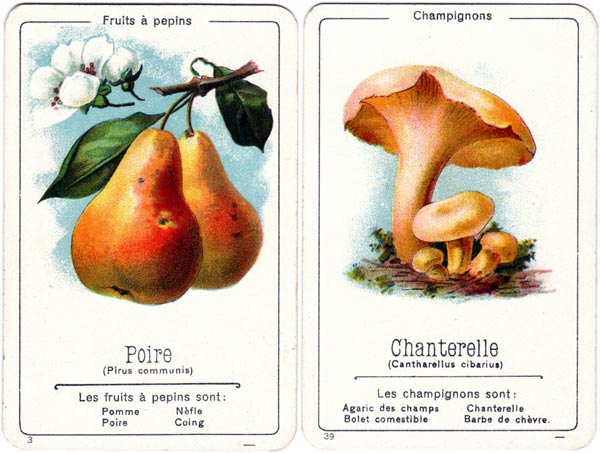
Fruits et Légumes No.342 (c.1900)
B. Dondorf (1833-1933), Frankfurt am Main.
All the green, healthy food you could ever want... reduce your stress and lose weight! The beautiful artwork in Dondorf's “Fruits et Légumes des Champs et des Jardins” reminds us of the benefits of natural food without additives. The game contains 40 cards divided into ten sets of four cards each being a different type of fruit, vegetable or cereal. The winner, as in most ‘Happy Families’ or quartet games, is the player who completes the highest number of sets.
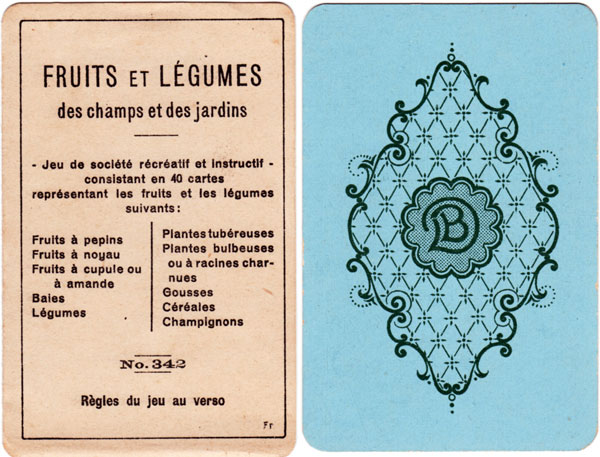
Left: “Fruits et Légumes des Champs et des Jardins” No.342 published by B. Dondorf, Frankfurt am Main, Germany in c.1900. 40 cards in telescopic box. Images courtesy Rex Pitts.
Dondorf Card Games
Dondorf began producing card games (rather than playing cards) in around 1870 with a then fashionable “Question and Answer” game which was obviously aimed at children because all the illustrations were of children. Around the same time there were children’s quartet games with sets such as Ass, Moon, Sheep etc and a musical game. By 1900 the “Struwwelpeter” game and “Wappen Quartet” were on the market. A “Black Peter” game appeared by 1905 but not so much with pairs of characters but pairs such as Trees, House and Cyclists. It seems that all the games cards were catalogued with a number beginning with a “3” and many are numbered between 314 and 352. This would suggest that at least 37 games were published up to the time when Dondorf were taken over. At this point Spears purchased the rights to the card games and continued to publish the educational ones featuring flowers and animals etc.
By Rex Pitts (1940-2021)
United Kingdom • Member since January 30, 2009
Rex's main interest was in card games, because, he said, they were cheap and easy to get hold of in his early days of collecting. He is well known for his extensive knowledge of Pepys games and his book is on the bookshelves of many.
His other interest was non-standard playing cards. He also had collections of sheet music, music CDs, models of London buses, London Transport timetables and maps and other objects that intrigued him.
Rex had a chequered career at school. He was expelled twice, on one occasion for smoking! Despite this he trained as a radio engineer and worked for the BBC in the World Service.
Later he moved into sales and worked for a firm that made all kinds of packaging, a job he enjoyed until his retirement. He became an expert on boxes and would always investigate those that held his cards. He could always recognize a box made for Pepys, which were the same as those of Alf Cooke’s Universal Playing Card Company, who printed the card games. This interest changed into an ability to make and mend boxes, which he did with great dexterity. He loved this kind of handicraft work.
His dexterity of hand and eye soon led to his making card games of his own design. He spent hours and hours carefully cutting them out and colouring them by hand.

Leave a Reply
Your Name
Just nowRelated Articles
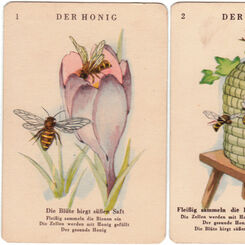
So Fängt Es An
“So Fängt Es An” beautifully illustrated by M. Neugebauer, published by Helingsche Verlagsanstalt.
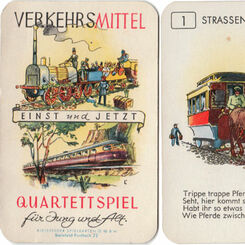
Verkehrsmittel Einst und Jetzt
“Verkehrsmittel Einst und Jetzt” transport quartet game by Bielefelder Spielkarten Fabrik GmbH, 1949...
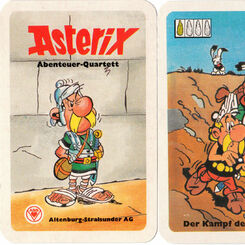
Asterix Abenteuer
Asterix Adventure quartet game by ASS, 1989.
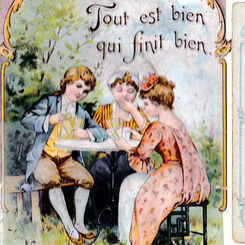
Tout Est Bien Qui Finit Bien
‘Tout Est Bien Qui Finit Bien’ family card game by Dondorf.
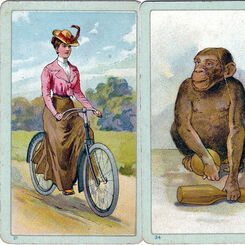
Zwarte Piet
Zwarte Piet by Dondorf for the Dutch market, 1906.
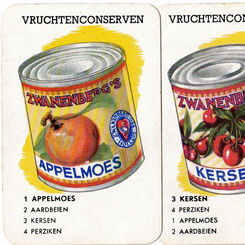
Zwanenberg’s Kwartetspel
Zwanenberg’s Kwartetspel printed by Speelkaartenfabriek Nederland, 1938.
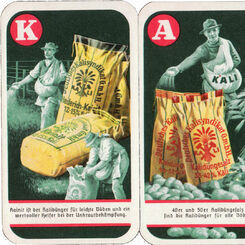
Deutsche Nutzpflanzen
Deutsche Nutzpflanzen - Quartett game promoting Kali brand crop fertilizer, 1938.
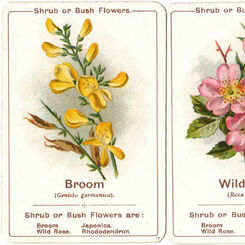
Flora
‘Flora’ card game published by C.W. Faulkner, printed by Dondorf, 1903.
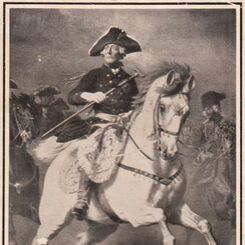
Deutsche Geschichte
German History Quartet published by Otto Maier Verlag Ravensburg, c.1930-35.
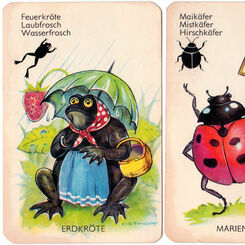
Kleine Tierwelt
“Kleine Tierwelt” wildlife quartet game designed by Heinz Osthoff, published by Bielefelder Spielkar...
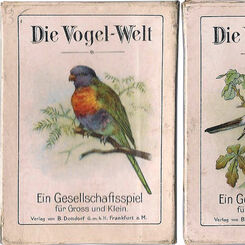
Die Vogel-Welt No. 351
Dondorf’s “Die Vogel-Welt” No. 351 quartet game, c.1905
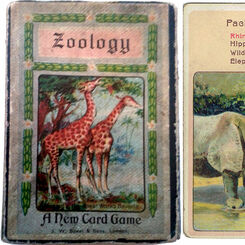
J. W. Spear and Sons: ‘Zoology’
Quartet games with scientific illustrations became popular during the Victorian and Edwardian eras. ...
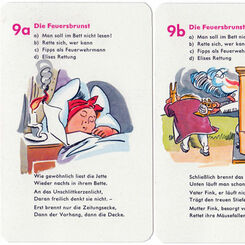
Fipps der Affe
“Fipps der Affe“ (Fipps the Ape) quartet game with cartoons by Wilhelm Busch published by Bielefelde...
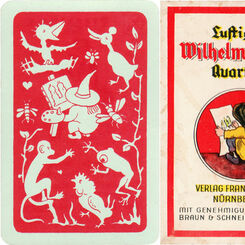
Lustiges Quartett
Lustiges Quartett Wilhelm Busch published by Franz Schmidt, Nuremberg, 1937.
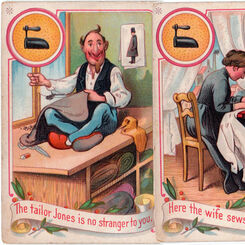
Humouristic Quartett
“Humouristic Quartett” families game produced by Adolf Sala of Berlin.
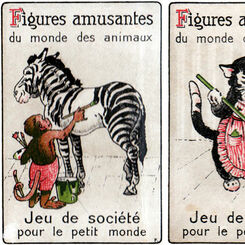
Figures Amusantes
French language edition of a children's quartet game published by B. Dondorf, c.1900, consisting of ...

Pierre l’Ebouriffé
Heinrich Hoffmann (1809-1894) wrote the Struwwelpeter stories in 1847 for his son Carl. The stories ...
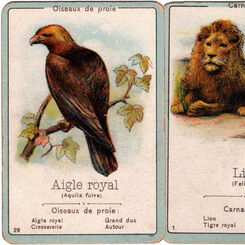
La Zoologie
Dondorf's “La Zoologie” card game no.335 features a collection of 40 chromolithographic prints of sp...
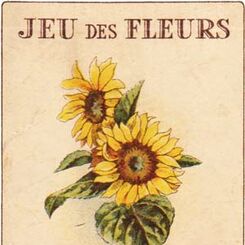
Jeu des Fleurs
Dondorf no.332: ‘Jeu des Fleurs’ French edition
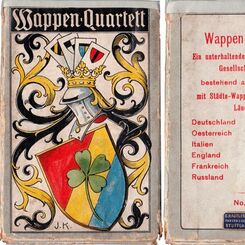
Wappen-Quartett
A coat-of-arms quartet game published by B. Dondorf, c.1900
Most Popular
Our top articles from the past 60 days


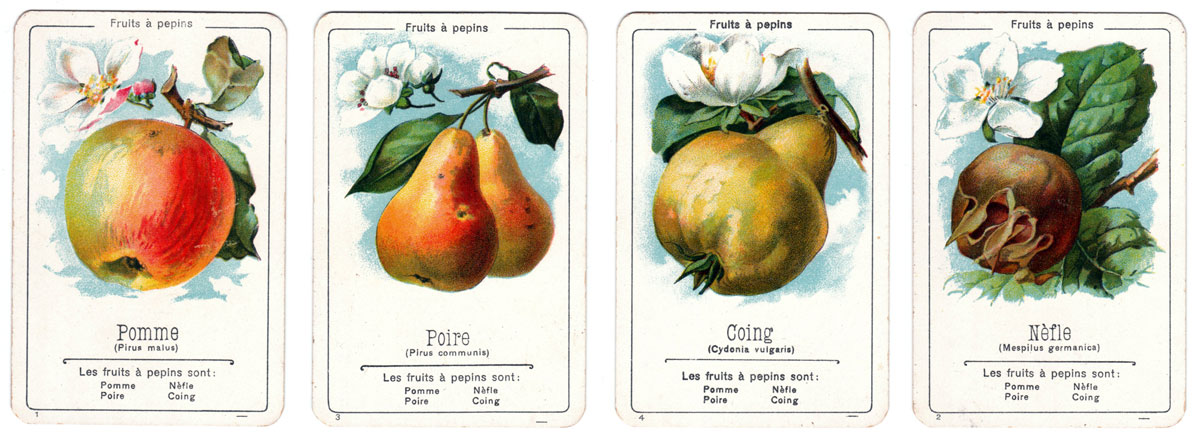
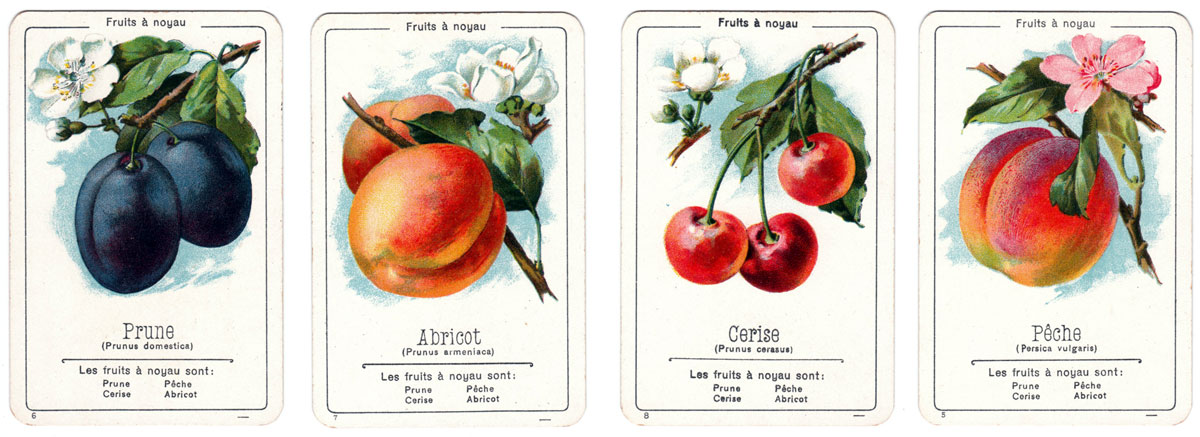
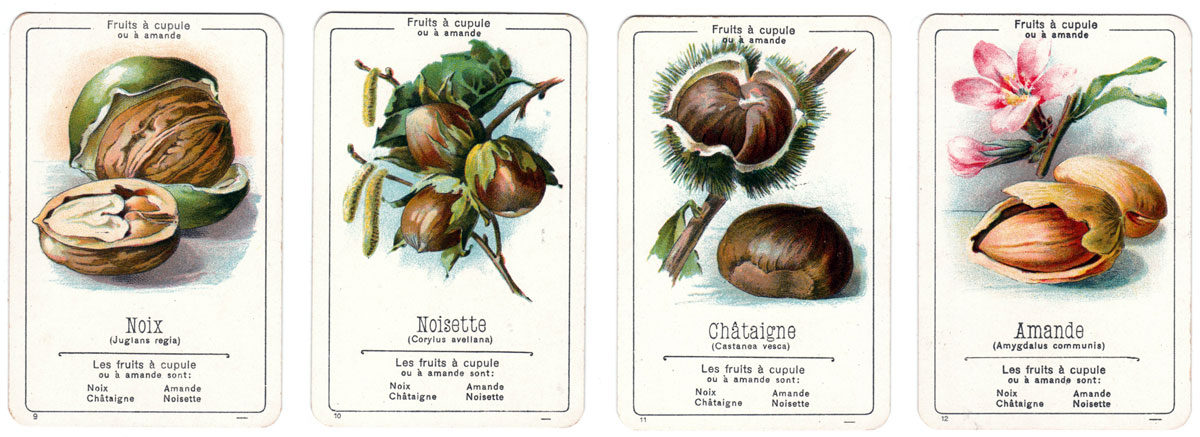
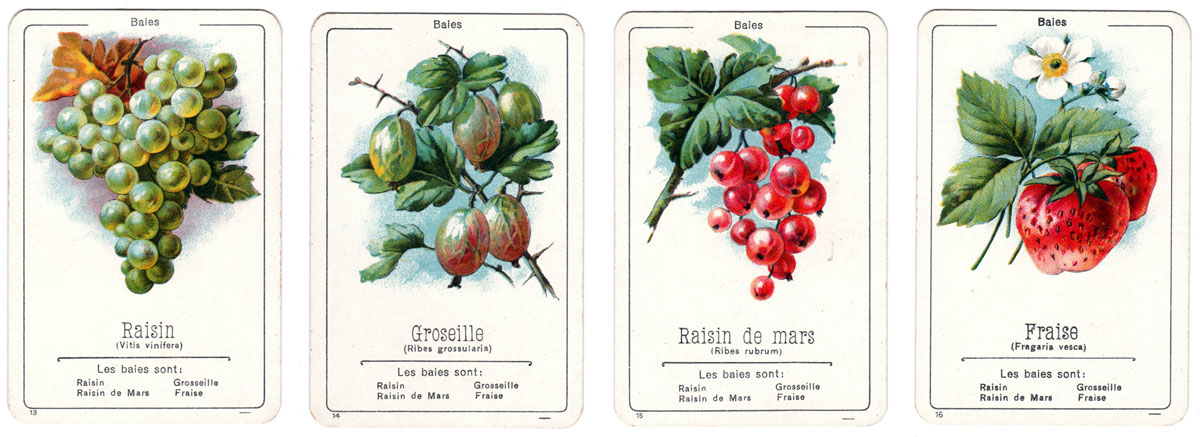
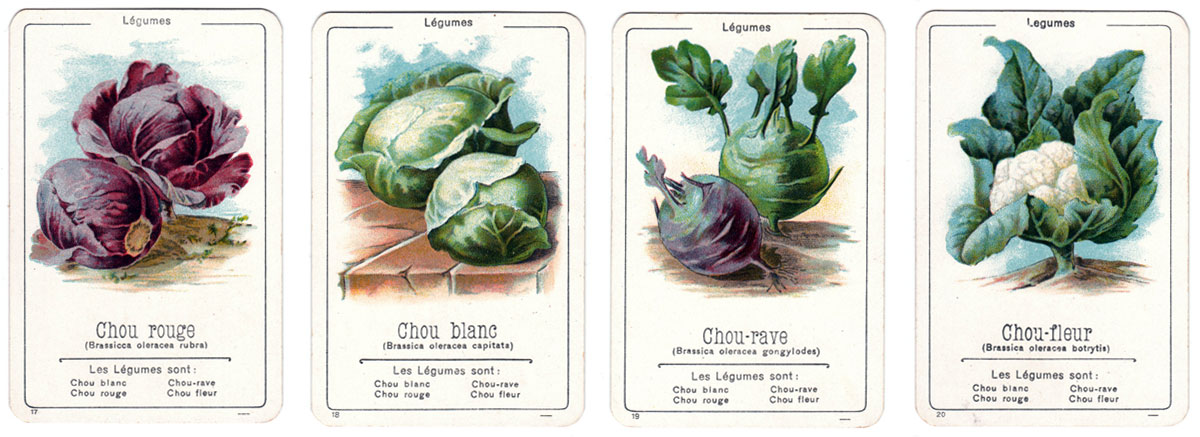
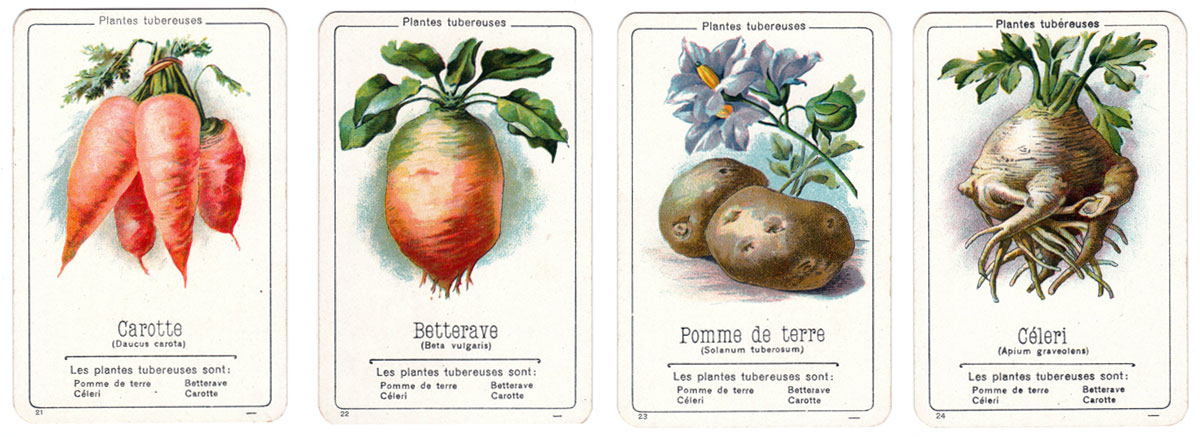
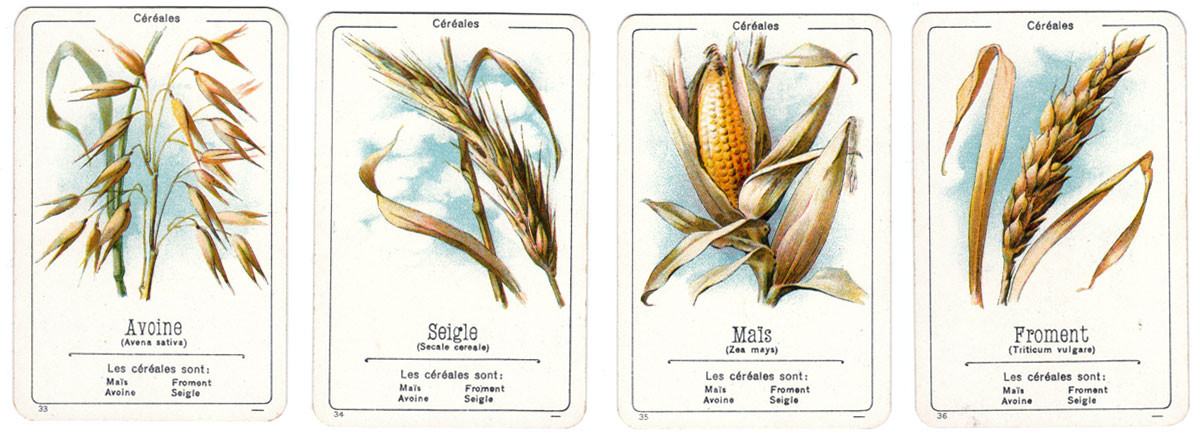
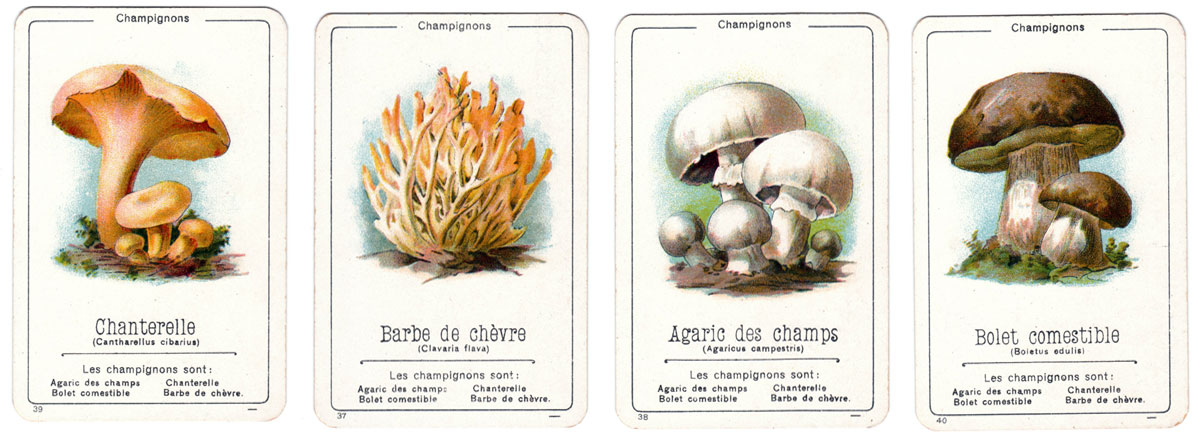
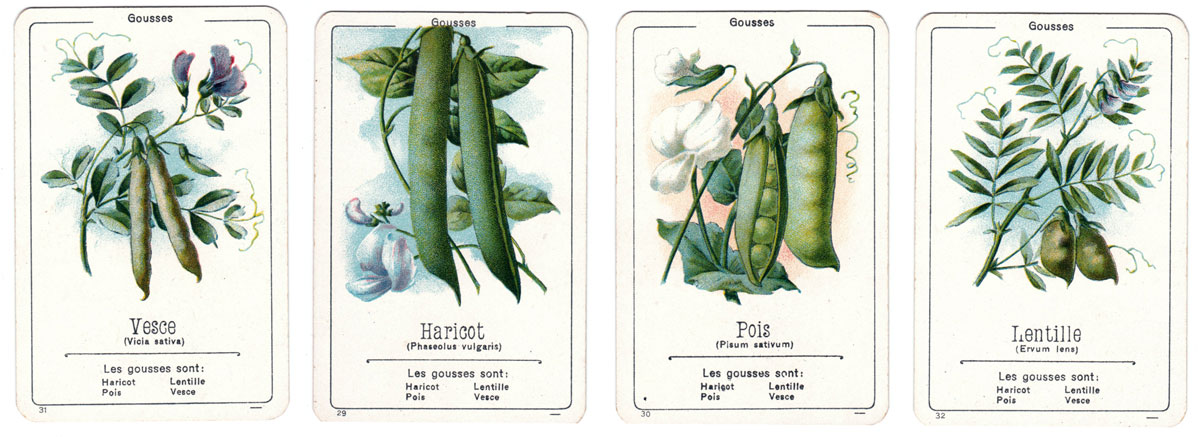
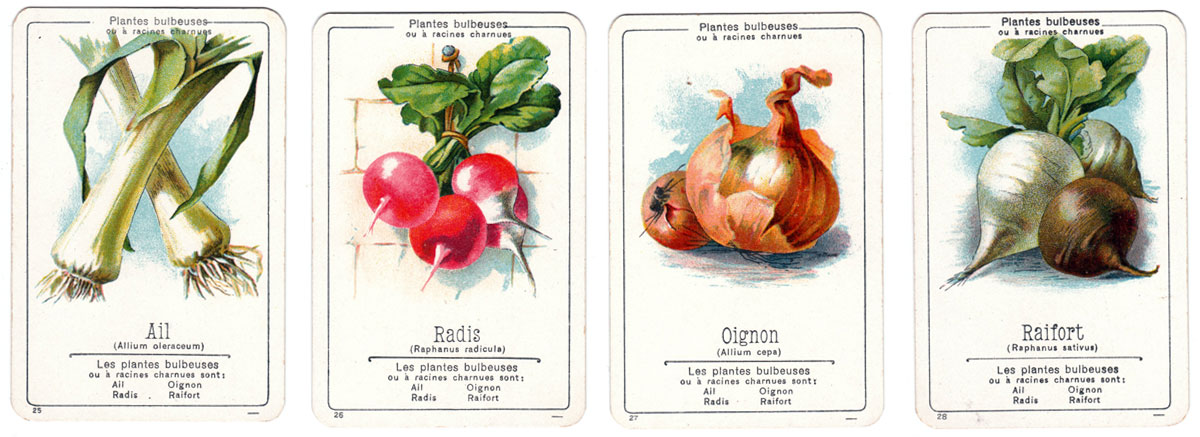
 Your comment here. Your comment here. Your comment here. Your comment here. Your comment here. Your comment here. Your comment here. Your comment here. Your comment here. Your comment here. Your comment here. Your comment here. Your comment here. Your comment here. Your comment here. Your comment here. Your comment here. Your comment here. Your comment here. Your comment here. Your comment here. Your comment here. Your comment here. Your comment here. Your comment here. Your comment here. Your comment here. Your comment here. Your comment here. Your comment here. Your comment here. Your comment here.
Your comment here. Your comment here. Your comment here. Your comment here. Your comment here. Your comment here. Your comment here. Your comment here. Your comment here. Your comment here. Your comment here. Your comment here. Your comment here. Your comment here. Your comment here. Your comment here. Your comment here. Your comment here. Your comment here. Your comment here. Your comment here. Your comment here. Your comment here. Your comment here. Your comment here. Your comment here. Your comment here. Your comment here. Your comment here. Your comment here. Your comment here. Your comment here.




















